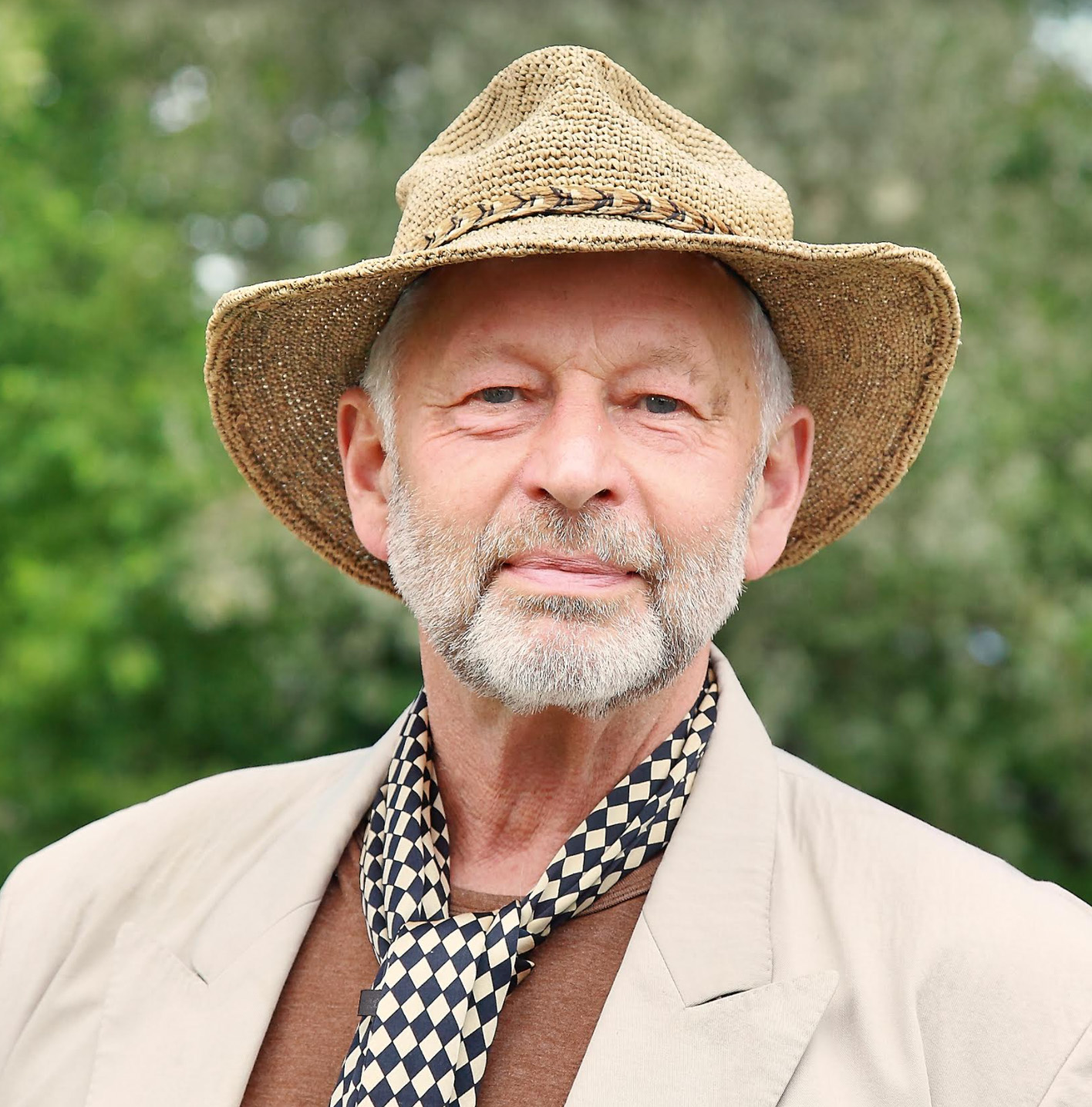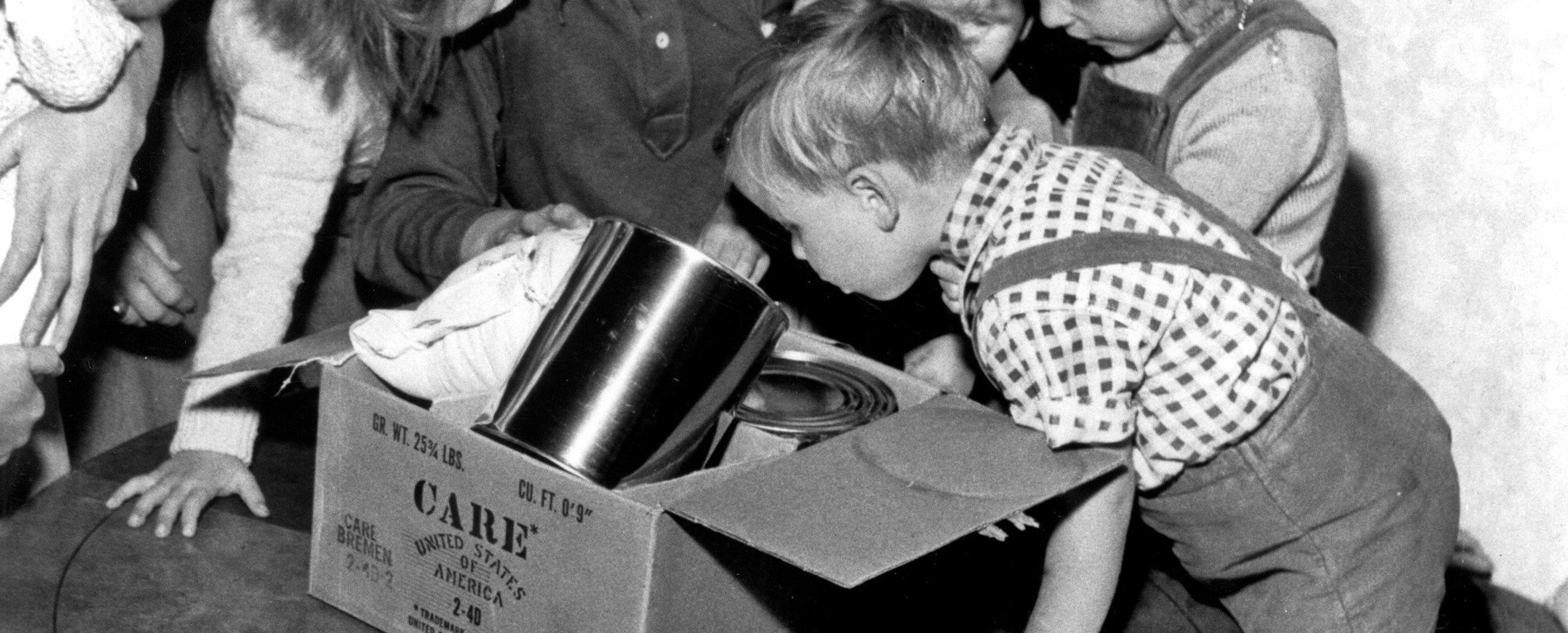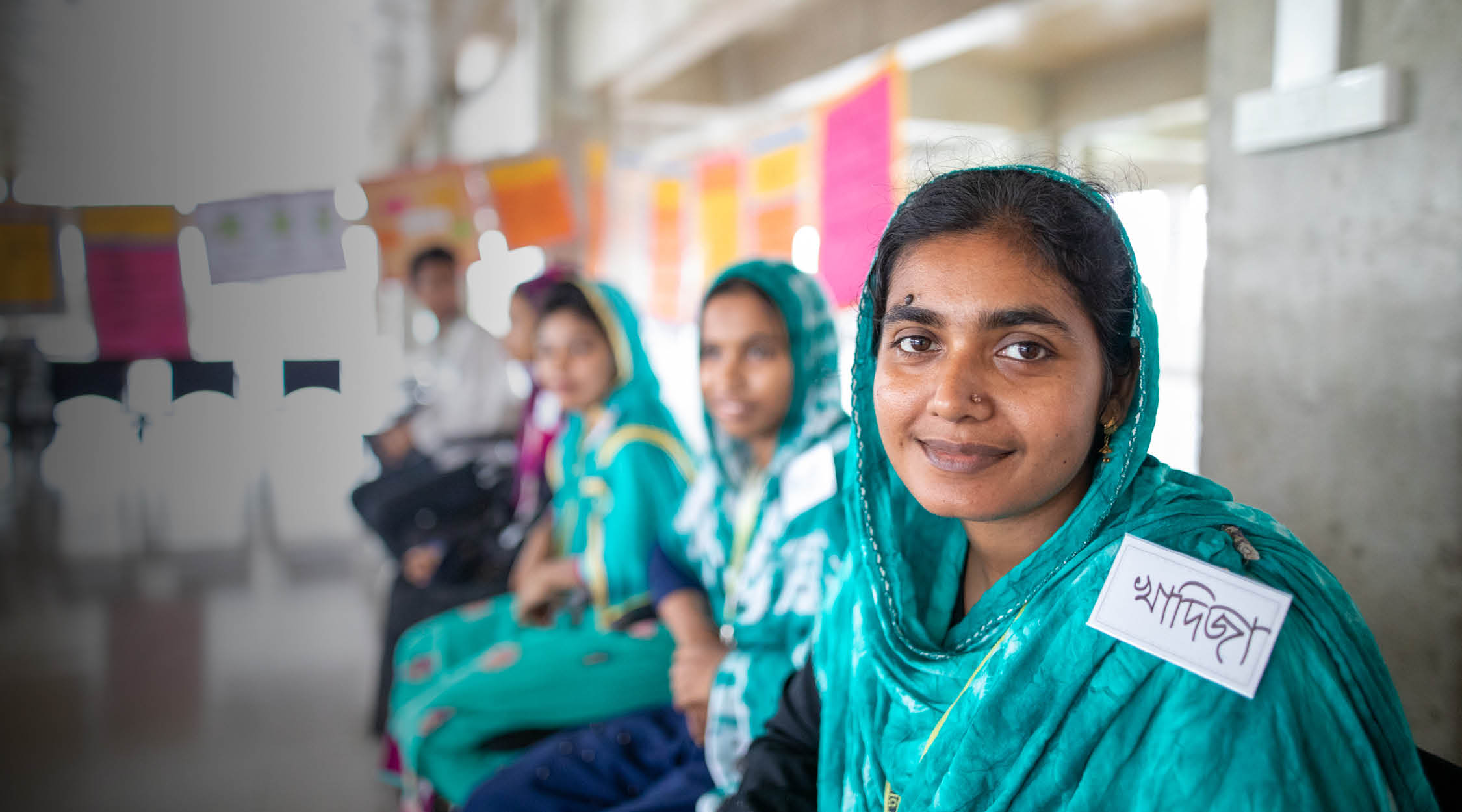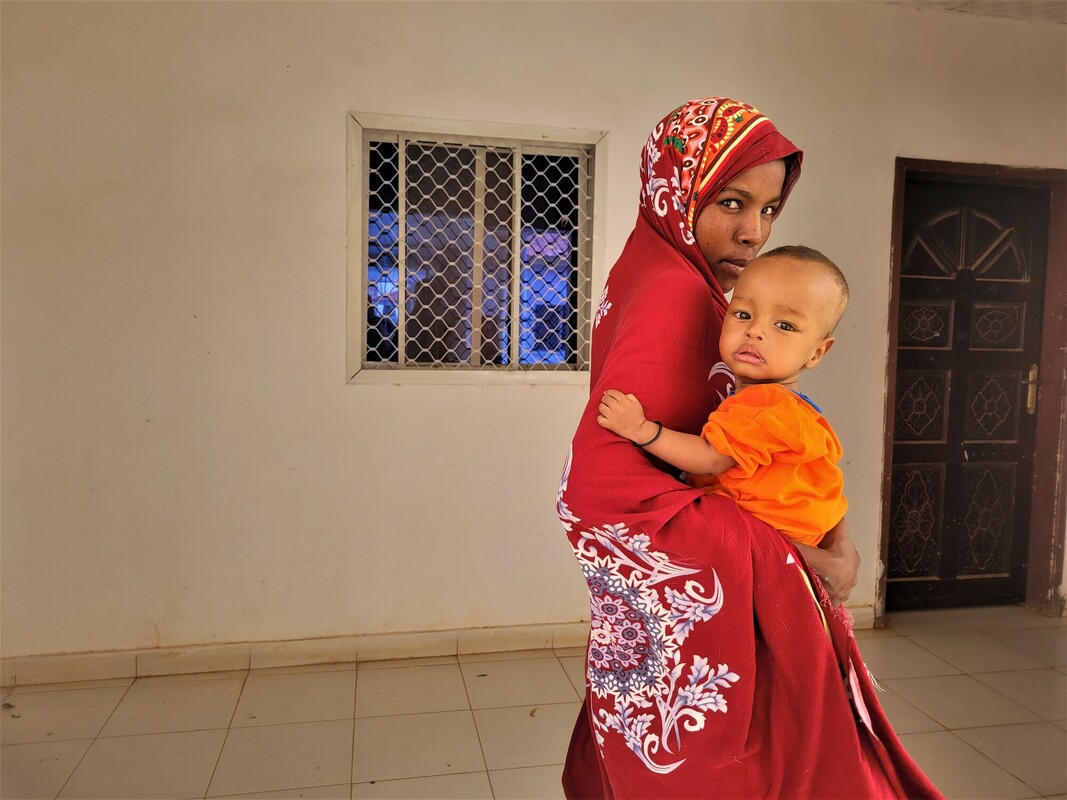Seventy-five years ago, Tim Thomas received one of the very first CARE Packages.
Tim lived with his family in England during World War II, and soon after peace settled across Europe, CARE was formed in the US, and “CARE Packages” were sent to those who were struggling.
“We were very poor and like millions of other British people we were on strict rations,” Tim remembers. “Times were hard. Food, fuel and the basics of life were in short supply. Everything was saved, nothing was wasted.
“But there were sublime moments of joy when food parcels arrived from the CARE charity filled with hams, fruit, coffee and chocolate, a dizzying array of stuff I had never seen or tasted before.”
It’s those moments of joy that Tim wants to make sure everyone thinks about today. With war unfolding in Europe yet again, and multiple global crises, it’s as important today as it ever has been to bring joy to the lives of those enduring hardship.

These days, CARE Packages look very different to what they did back in 1946. We rarely send “goods” across oceans anymore — instead we work in partnership with local community leaders to prepare for, respond to, and recover from humanitarian crises and shock.
The kindness of our supporters helps ensure this is happening right now for families all over the world.
In Ukraine and its surrounding countries, families who have been forced to flee their homes are receiving food, water, shelter, counselling and other vital supplies — lifesaving support which they will no doubt be thankful for forever.
Likewise, in Yemen, where people have endured seven long years of conflict, your support is reaching millions with food, cash to purchase supplies, repaired water sources, hygiene kits and training and loans to start businesses.
And across Croatia, Egypt, Greece, Jordan, Lebanon, Serbia and Turkey there are millions of families who have fled conflict in Syria who are grateful for the community centres to help them resettle, the rent assistance which helps them deal with living expenses, and the cash they receive which allows them to prioritise their specific needs.
Like Tim, all of these families will remember this lifesaving support which has helped them get through unthinkable challenges.
“As the tragedy of Ukraine unfolds,” Tim adds, “I look back to my childhood and remember when I was five years old … generous people far away had found it in their hearts to reach out.”
All of us at CARE join Tim in thanking our incredible supporters who have reached out to support those in crisis.
Here are four ways you can support those enduring crisis in Ukraine right now.


